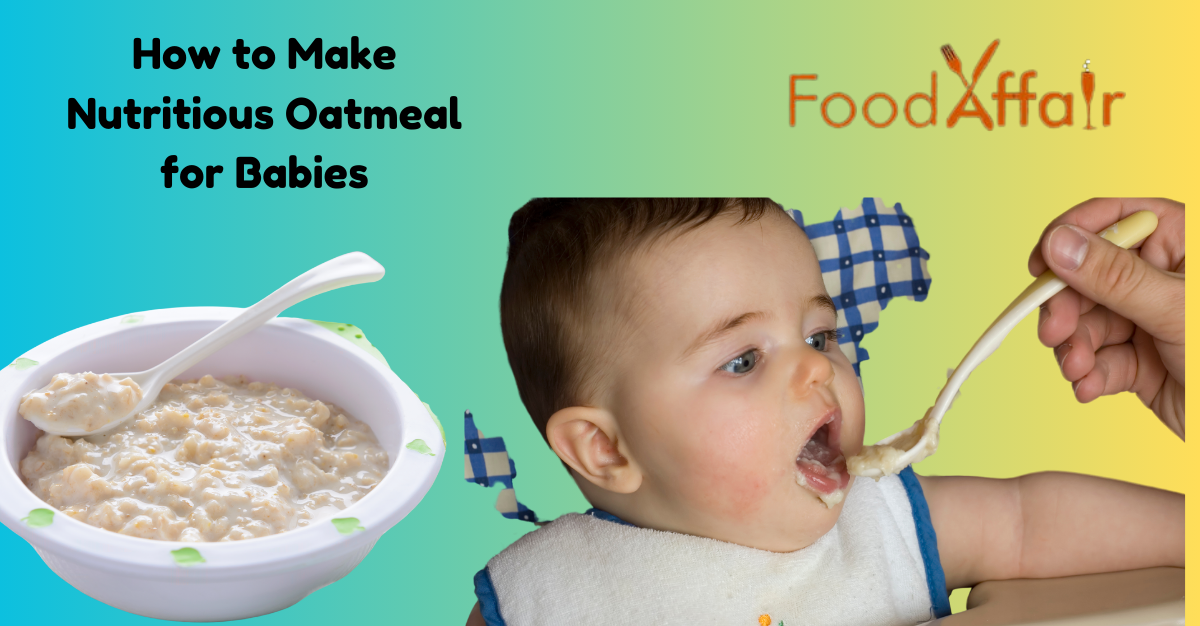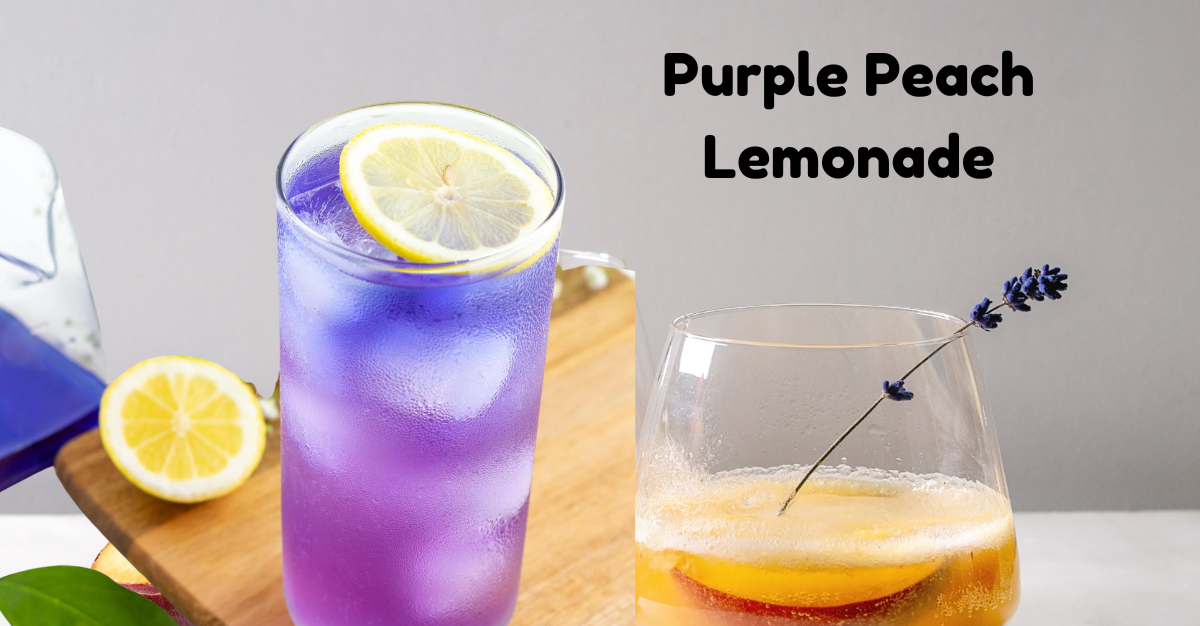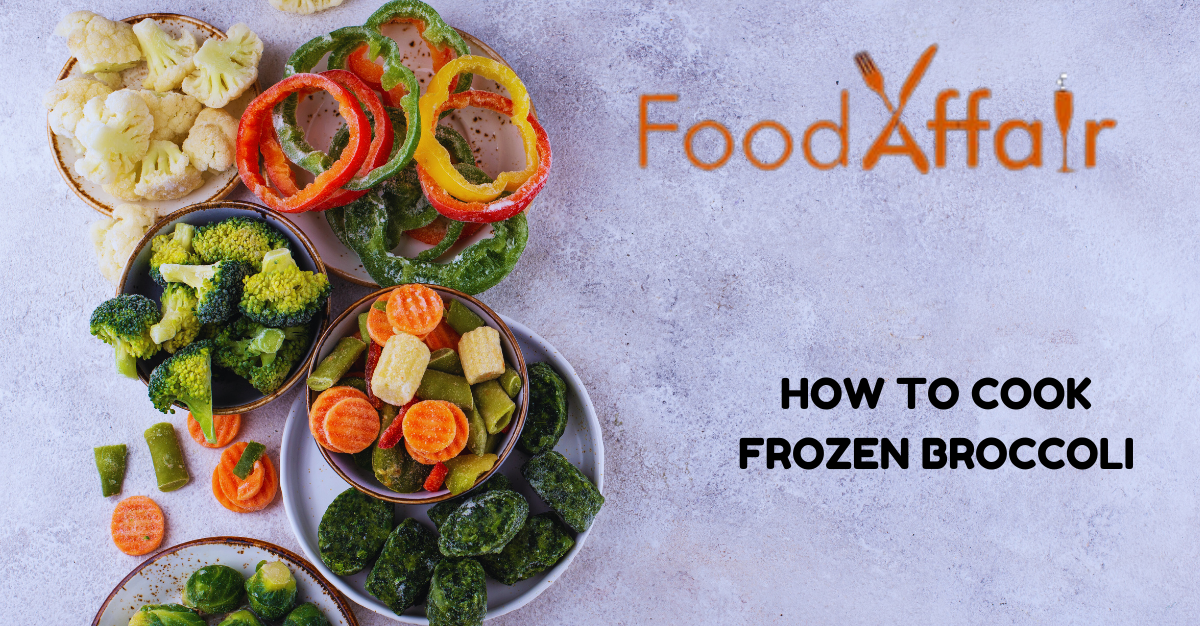Everything you need to know on Oatmeal for Babies
Oatmeal is a healthy, easy-to-digest food that babies can start on solid foods with. Here’s a COMPLETE STEP BY STEP on everything you need to know about introducing oatmeal to your baby, from the benefits to preparation methods and some healthy recipe ideas.
What Is Oatmeal?
Oats, a nutritious whole grain that is completely gluten-free, serve as the foundation for oatmeal. It’s provided in several forms, such as instant oats, rolled oats, and steel-cut oats, each offering different textures and cooking times.
Why is oatmeal beneficial for babies?
Oatmeal is fantastic first food for babies because it is
- Nutrient-Dense: Provides essential vitamins and minerals, such as iron, zinc, and B vitamins, that support growth and development.
- Easy to Digest: It is gentle on a baby’s digestive system and helps prevent constipation.
- Versatile: Can be combined with a variety of fruits, vegetables, and other healthy ingredients to create diverse flavors.
What Are The Nutrients In Oatmeal?
Oatmeal contains:
Fiber supports healthy digestion and prevents constipation.
Iron: Crucial for brain development and the production of healthy red blood cells.
Protein supports muscle development and growth.
Antioxidants and Vitamins: Promote overall health and immune function.
When Can Babies Start Eating Oatmeal?
Babies can typically start eating oatmeal at around 6 months of age, which is when most pediatricians recommend introducing solid foods. Always consult with your pediatrician before introducing any new food to your baby.
How to Make Oatmeal for Babies
What Type Of Oatmeal Is Best For Babies?
Oatmeal Cereal: Ideal for first-time eaters due to its smooth texture and simple digestibility.
Instant or Quick Oats: convenient and quick to prepare; suitable for younger babies.
Rolled Oats: Suitable for babies 8 months and older; retain more nutrients and texture.
Steel-Cut Oats: Best for older babies who can handle more texture; requires longer cooking.
Can you use regular oatmeal for babies?
Yes, you can use regular oatmeal, such as rolled or steel-cut oats, for babies. Cook and blend them to a smooth consistency.
What Are The Different Ways To Prepare Oatmeal For Babies?
- Cooked Oatmeal Cereal: Mix oatmeal cereal with breast milk, formula, or water.
- Blended Oatmeal: Cook rolled or steel-cut oats, then blend to a smooth purée.
- Mashed Oatmeal: Cook oats until soft and mash with a fork for older babies who can handle more texture.
What are some delicious oatmeal recipes for babies?
- Apple Cinnamon Oatmeal: Cook oats with grated apple and a pinch of cinnamon.
- Banana Not Oatmeal: Blend cooked oats with mashed banana and finely chopped nuts (for babies over 1 year).
- Blueberry Vanilla Oatmeal: Mix cooked oats with puréed blueberries and a dash of vanilla extract.
How To Introduce Oatmeal To Babies?
What Are The Signs That A Baby Is Ready For Solid Foods?
- The baby can sit up with minimal support.
- Shows interest in food by reaching for it or opening their mouth.
- Has excellent head and neck control.
- Has doubled their birth weight (around 6 months).
How Much Oatmeal Should Be Given To Babies?
Start with 1–2 tablespoons of oatmeal per feeding, gradually increasing as your baby becomes accustomed to the texture and taste. Offer oatmeal once daily initially, then increase to 2–3 times daily as the baby adjusts.
What are the precautions to take when feeding oatmeal to babies?
- Check for Allergies: Introduce oatmeal alone first and monitor for signs of allergies.
- Avoid Added Sugars or Salt: Babies do not require extra sugar or salt; instead, use fruits to naturally sweeten.
- Ensure Proper Texture: Purée or blend oatmeal to a smooth consistency, especially for younger babies.
- Supervise Feeding: To prevent choking, always supervise your baby while eating.
RECOMMENDED POST
Mastering Kitchen Skills for Beginners: Latest Tips and Tricks
FAQs
Can I make oatmeal for my baby?
Yes, oatmeal is easy to prepare for babies and can be made using various methods, such as blending or mashing, to achieve a suitable texture.
Is oatmeal beneficial for infants?
Yes, oatmeal is highly nutritious, simple to digest, and can help prevent constipation, making it amazing first food for infants.
How to make homemade baby cereal?
To make homemade baby cereal, blend rolled oats into a fine powder and cook with water, breast milk, or formula until it reaches a smooth, creamy consistency.
What’s the best oatmeal to start a baby on?
Oatmeal cereal or instant oats are best to start with due to their smooth texture and simple digestibility.
Can babies eat oatmeal on a daily basis?
Yes, babies can eat oatmeal every day as part of a balanced diet. It provides essential nutrients like fiber, iron, and vitamins.
Should a baby have rice or oatmeal first?
Oatmeal is often recommended over rice cereal due to its higher nutritional content and lower risk of arsenic exposure.
Can I give my baby oatmeal at 4 months?
Most pediatricians recommend starting solid foods, including oatmeal, at around 6 months, but always consult your pediatrician for guidance.
When can babies eat rice that is not puréed?
Babies can typically eat rice that is not puréed around 8–10 months, when they are ready for more textured foods.
Which oatmeal is best for a 7-month-old baby?
Instant oatmeal or rolled oatmeal that are finely ground or blended after cooking are best for a 7-month-old baby.
What’s the difference between oatmeal and baby oatmeal?
Baby oatmeal is finely ground and regularly pre-cooked to be easily digestible, while regular oatmeal may need to be cooked and blended for younger babies.
What time of day should I introduce oatmeal to my baby?
You can introduce oatmeal at any mealtime. Many parents start with breakfast to establish a routine, but find what works best for your baby.
When can babies be given honey?
Babies should not have honey before 12 months due to the risk of botulism.
Why can’t babies have strawberries?
Babies can have strawberries after 6 months, but they should be puréed or mashed to prevent choking. Some parents delay strawberries due to allergy concerns.
What foods should I never feed my baby?
Avoid honey (under 1 year), whole nuts, large pieces of food, added sugars, high-sodium foods, and unpasteurized products.
When can babies have yogurt?
Babies can have plain, full-fat yogurt around 6–8 months as a beneficial source of calcium and protein.
When to give baby eggs?
You can introduce eggs to babies around 6 months, starting with a well-cooked egg yolk and gradually introducing the white.
When can babies have bread?
Babies can have soft, small pieces of bread around 7–8 months, but avoid bread with added sugars or firm crusts that could cause choking.
Can babies have cheese?
Yes, babies can have pasteurized cheese, such as mild cheddar or cottage cheese, after 6 months.
Can babies eat rice?
Yes, but make sure it is cooked well and mashed or puréed to avoid chewing.
Can I give pasta to my baby?
Yes, you can give small, soft pieces of pasta to babies around 8–10 months.
What finger foods can I give my baby?
Soft fruits, steamed vegetables, small pieces of cheese, and soft crackers are excellent finger foods for babies.
How do I introduce oatmeal to a baby?
Start with a small amount of oatmeal mixed with breast milk or formula, gradually increasing the portion size as your baby gets used to it.
Can I feed my baby oatmeal every day?
Yes, oatmeal can be fed every day as part of a balanced diet.
How to make homemade baby food?
Homemade baby food can be made by steaming and puréeing fruits, vegetables, or grains to a smooth consistency.
Conclusion
Oatmeal is a good first food for babies that is easy to make. Even if you change to oatmeal cereal, quick oats, or rolled oats, you can create delicious and healthy meals for your baby. Introduce oatmeal slowly, monitor for allergies, and enjoy experimenting with many flavors and textures to help your baby develop a love for healthy eating early on.


![Is BIG MAC GROUND TURKEY SLIDERS Worth [$] To You? Big Mac Ground Turkey Sliders](https://i0.wp.com/foodaffair.com.ng/wp-content/uploads/2024/09/Quick-and-Healthy-Meal-28.png?resize=600%2C400&ssl=1)












